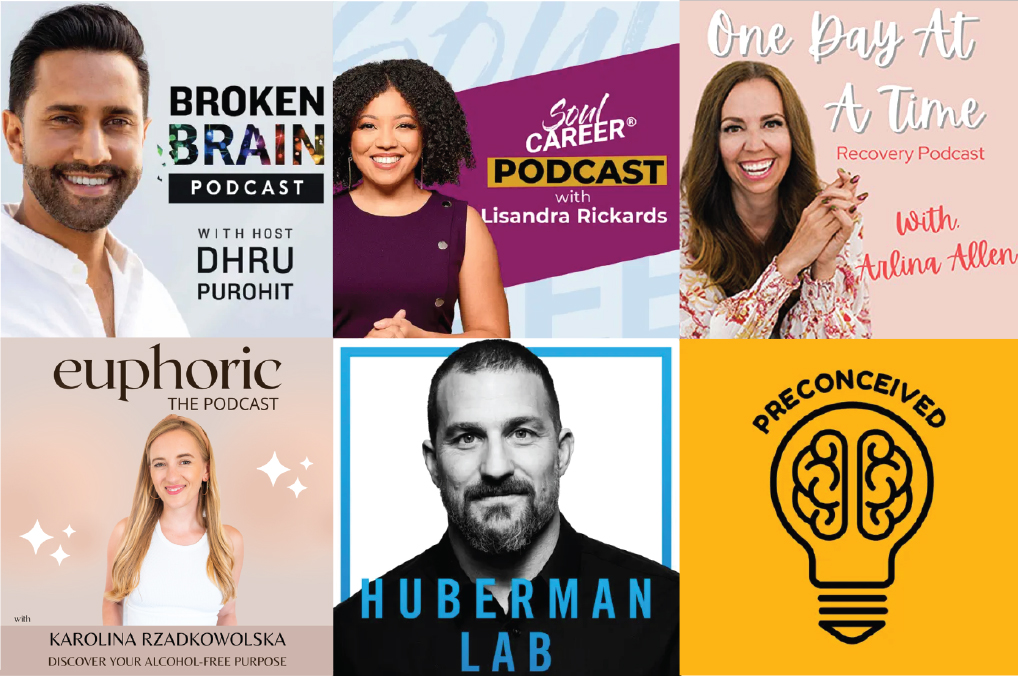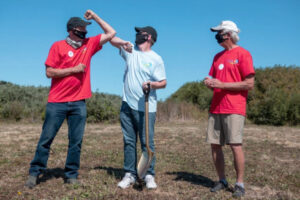
Why You Aren’t Getting Press Coverage
There are many reasons why your publicity program is not paying off, the answers to that question aren’t very different than they’ve been in decades. The need for public relations has not changed, and because the public has a harder time trusting than ever, we need the practice more than ever. Bill Gates once said that if he was down to his last dollar, he’d spend it on public relations. Because of the way communication is crafted, it is more of a necessity than ever for brand prominence.
I’ve been a publicist for 34 years, and in November I will have been practicing on my own for 25 years. Prior to working directly with clients, I worked for a number of international communications agencies and my graduate degree is in public communication. I wish every public relations professional my pathway here; international agencies are the best way to learn the trade and produce for clients.
The top firm in the nation, Edelman, has developed an important tool called the Trust Barometer. Trust goes to the heart of what we do for you. Why does this matter so much? Because your key audience doesn’t automatically believe what you say. You do need more credibility. In response, Edelman has studied the influence of trust across society — with government, the news media, business, and NGOs — to shape your conversation with your publics, drive results and earn action. Your ability to succeed or fail depends on your ability to communicate effectively, right? It is not just what people read or watch that will automatically help you. It’s what they believe about you.
Beyond trust you also need relevance. You are unimportant until you show the world—not just tell the world—what you can do. Rather than telling your story as marketing and advertising does so well, we have your story told in the best particular way, and that completes the set of communications practices you need to produce a winning brand: both owned communications you can control fully but is more sales related, which is marketing/advertising and, public relations, earned communications that is high in credibility, reinforce each other for a powerful story.
In essence you must form a relationship with your key audience by telling the truth in a way that reaches and then moves them.
But when you’re not convincing you have produced work that must be undone. Starting over is a request I receive often, and these are tough campaigns because the relationship must be remade. Poor campaigns begin with ignorance, laziness and disrespect of the practice of earned communications, so the first reason you may not be receiving coverage is because you haven’t respected it enough to hire the right people.
Here are the relationships you must make a priority:
Your first relationship is with the news media. I once worked for a hospital system that had hired a spokesperson who asked a reporter to “get off of our lawn.” He is now working for another hospital system and I assume is doing damage there, too. The first thing I did to remake the relationship was to invite them in and give them the information they needed to write the incredible stories that came out of there.
Your second critical relationship is with your hiring committee—the one who hires your agency or publicist. Be very careful about who you choose. Last year I worked with an organization who hired someone who clearly was more interested in promoting herself rather than representing her company. Her posts are mostly about her, while her organization struggles because, honestly, she has never understood public relations. Your representative must know the art and science of public relationships. Otherwise, how will they judge whether or not you have a solid campaign?
This is your reputation they are playing with.
We are currently representing two organizations in crisis because their marketing manager didn’t understand the earned communications portion of reputation management. And that, unfortunately, is common in 2024: please know that public relations and marketing are very different and often good campaigns require two teams working together. Helen Woodward, the first female advertising executive in the US, famously said in 1938, “advertising is what you pay for, publicity is what you pray for.”
Your third important relationship is your publicist or agency. Your spokesperson(s) must have international agency experience because it’s becoming increasingly difficult to impress audiences, who are bombarded with so much content every day. It’s a battle to stand out, and the experience one gains from the day to day at an international agency allows them to learn how creatively reach your audience. They will have had to have had a healthy attention span, another common issue in 2024.
When marketing takes over and limits earned communication, that can be precisely your problem. Is there enough budget to hire a publicist when your reputation is at stake? I hope so. Because that other most important relationship is your customer.















